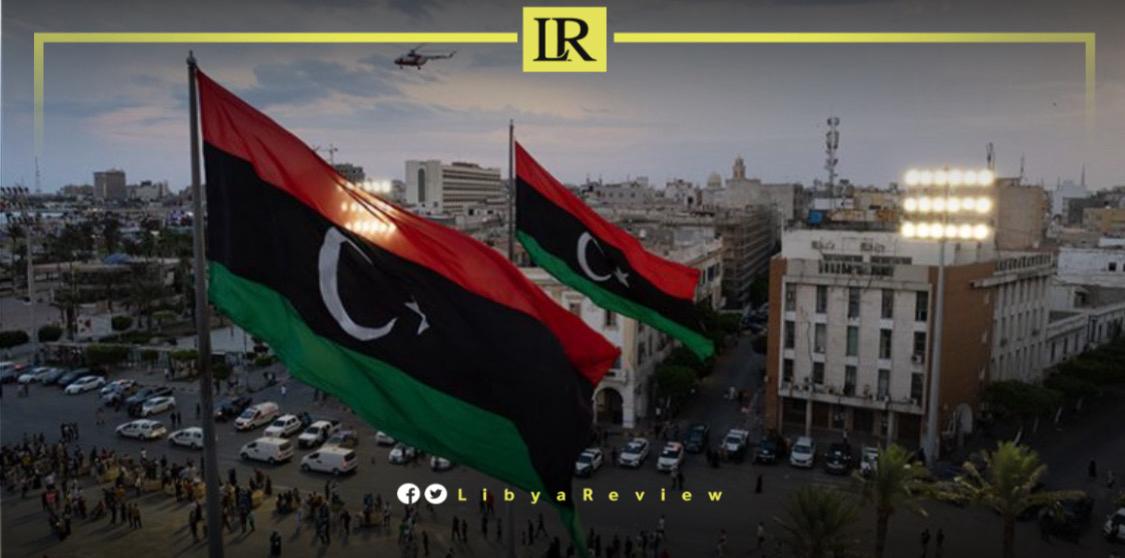In a recent study conducted by the British-based Legatum Institute, Libya finds itself ranked as one of the lowest on the Prosperity Index. It is ranked lowest together with African countries, Yemen and Sudan. Globally, the North African country stands at 146th out of 167 nations evaluated in the institute’s Prosperity Index, which measures a country’s wealth and well-being.
The Prosperity Index is a comprehensive tool that assesses various factors contributing to a nation’s overall prosperity. Key indicators include the security situation, governmental efficiency, corruption eradication efforts, investment climate, infrastructure quality, living conditions, health, and education.
Libya’s position in the index highlights the significant challenges the country faces amidst ongoing political instability and economic difficulties. Despite its rich oil reserves, Libya has struggled with governance issues, conflict, and a lack of infrastructure development, which have collectively hindered its prosperity and quality of life for its citizens.
The Legatum Institute’s report sheds light on the urgent need for reforms and stability in Libya to improve its standing and ensure a better future for its people. As the country endeavors to navigate its complex political landscape, the international community’s support remains crucial in aiding Libya’s path towards recovery and sustainable development.
Despite possessing Africa’s largest proven oil reserves, Libya’s economy has suffered due to ongoing conflict, which has disrupted oil production and exports, the country’s primary source of income. Infrastructure damage, corruption, and mismanagement have further exacerbated economic woes, leading to inflation, unemployment, and a lack of basic services.
The political chaos and economic decline have precipitated a humanitarian crisis. Many Libyans face shortages of basic necessities such as water, electricity, and healthcare. The healthcare system, in particular, has been overwhelmed by conflicts, with many facilities damaged or lacking in resources, exacerbating the challenges posed by the COVID-19 pandemic.
The security situation in Libya remains volatile, with various militias and foreign actors involved in the ongoing conflict. This insecurity has led to human rights abuses, displacement of populations, and a perilous environment for civilians.
Libya has become a major transit point for migrants from Africa and the Middle East attempting to reach Europe, leading to a humanitarian crisis within the country. Migrants and refugees often face dire conditions, including detention, abuse, and exploitation by human traffickers and smuggling networks.
The ongoing conflict has deepened social divides and tribal affiliations, leading to a fragmented society where reconciliation and peace-building efforts are challenging.


